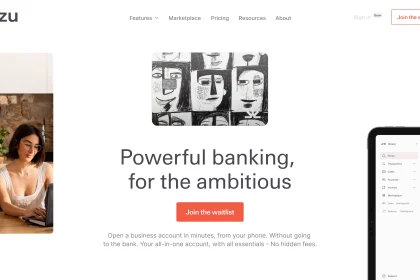Ghana’s central bank is cracking down on harmful lending practices, hidden charges in the banking system, and persistently high loan defaults.
The aim: protect consumers, restore transparency, and strengthen the country’s financial resilience.
Digital Lending Guidelines Coming August 2025
What’s happening
The Bank of Ghana will issue new digital lending rules by August 2025 to clean up the sector and safeguard borrowers.
Why now
Young people and informal workers are increasingly falling victim to online lenders that promise quick cash but deliver hidden fees, harassment, and fraud.
“We’ve received reports of individuals being threatened, shamed, or scammed,” regulators say.
Key rules will cover
- Licensing and authorization
- Clear disclosure of terms and interest rates
- Stronger data privacy standards
- Ethical recovery and debt collection practices
The goal
- Shield vulnerable consumers
- Encourage responsible digital lending and fintech innovation
Hidden Fees Under Scrutiny
What’s new
The central bank is also responding to growing concerns over opaque fees on card transactions and exploitative interest charges.
The issue
Banks are applying Optional Issuer Fees (OIFs) on cross-currency card transactions — often without clearly disclosing them to customers.
The fix
A new directive will:
- Cap OIFs at 2%
- Require mandatory, upfront disclosure of all applicable fees before transactions are completed
But that’s not all
The Bank has flagged unethical pricing tactics — including charging interest on inactive credit accounts, where accumulated interest ends up exceeding the original loan.
“Such practices are unacceptable… and violate the principles of fair treatment and transparency.”
Banks have been instructed to review and realign pricing models with ethical, commercially sound standards.
Cracking Down on Bad Loans
What’s happening
A broader directive will target Ghana’s persistently high Non-Performing Loans (NPLs), which pose systemic risks to the financial sector.
New rules will
- Mandate write-offs of fully provisioned, unrecoverable loans
- Cap NPL ratios at 10% of gross loans by December 2026
- Tighten loan restructuring and repayment conditions
- Enforce timely collateral recovery
- Publicly identify willful defaulters in financial statements
Why it matters
These measures aim to clean up banks’ balance sheets, restore credit discipline, and build confidence among investors and regulators.
What’s next
Expect more detailed directives and stronger enforcement from the Bank of Ghana as it tightens oversight of lending, pricing, and disclosure practices across the financial ecosystem.










